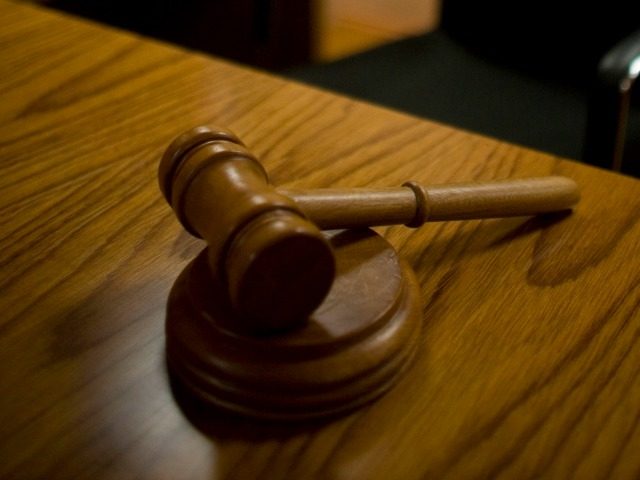A recently published document from Department of Education officials includes a proposed policy for investigations into sexual assault accusations on college campuses that adds an emphasis on cross-examination.
A new report from the College Fix details a proposed policy from the Department of Education that aims to provide due process rights to students accused of sexual assault on college campuses.
According to K.C. Johnson, a Brooklyn College professor and Duke lacrosse case expert, the current Department of Education is seeking to repair the damage done by Obama-era policies that unfairly increased the likelihood that students accused of sexual assault on campus would be found guilty by internal university investigators.
Now, the new policy suggests that the Department of Education hopes to provide a legitimate hearing for those accused of sexual assault. Under the Obama-era policy, the accused was not permitted to cross-examine his accuser. New regulations from the Education Department highlight the importance of cross-examination in the truth-seeking process.
Writing in response to the document, Johnson suggests that universities will still be able to keep their unfair investigation processes. However, Johnson says that he is encouraged by the new guidelines’ emphasis on cross-examination during the investigation process, which completely reverses the prior position on cross-examination under the Obama-era guidelines.
Rhetorically, this is a 180-degree shift from the Obama-era guidance—from seeing cross-examination as something to be discouraged to seeing it as something necessary for fairness and truth-seeking. Practically, however, universities that want to retain their guilt-presuming systems will be able to do so. Schools that use hearings can continue to forbid lawyers from speaking and instead, funnel questions for the accuser and other witnesses through the panel (which won’t be required to ask them). More problematically, the regulation’s framing likely will generate strong pressure from accusers’ rights organizations and their political and media allies for colleges to abandon hearings altogether in sexual misconduct cases, and adopt the single-investigator model in their stead. Resisting this pressure will require a degree of courage largely absent from university presidents during the debate over campus due process.
Attorney Ruth O’Meara-Costello said in a blog post that she believes universities will essentially ignore the new guidelines if the Department of Education is able to put them into effect.
“Unfortunately, it seems very likely that colleges and universities, many of which have taken strong positions against allowing cross-examination, will respond to the rules by simply eschewing actual hearings in favor of the increasingly popular single-investigator model,” O’Meara-Costello wrote in the post.

COMMENTS
Please let us know if you're having issues with commenting.